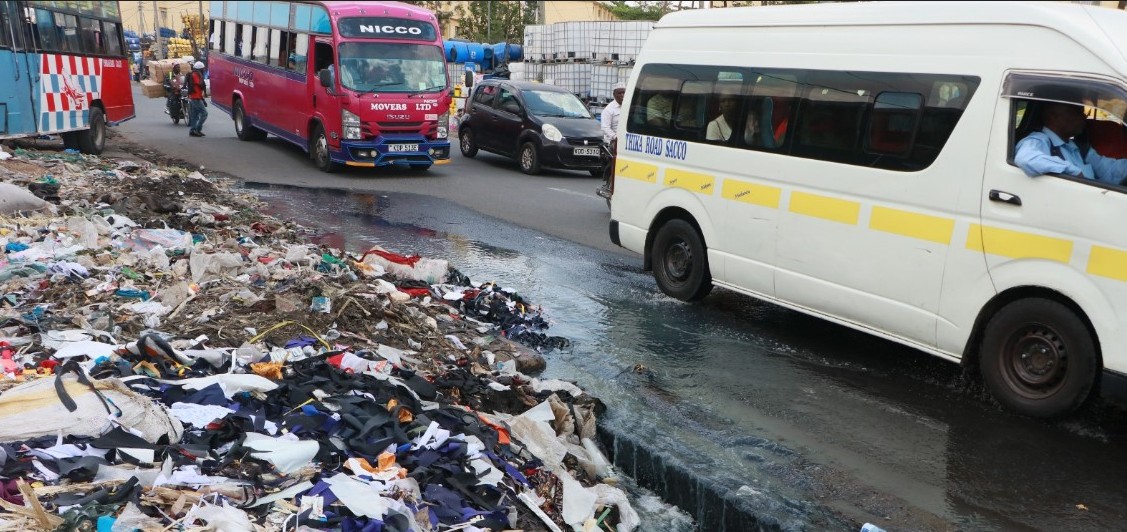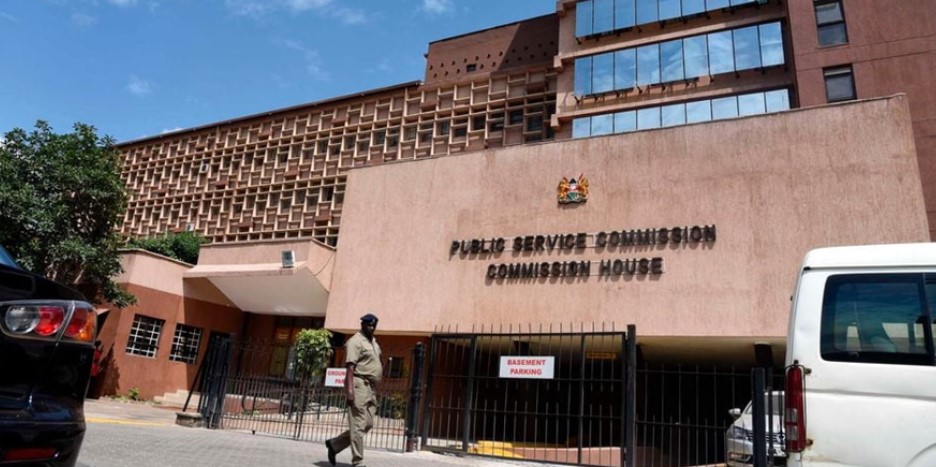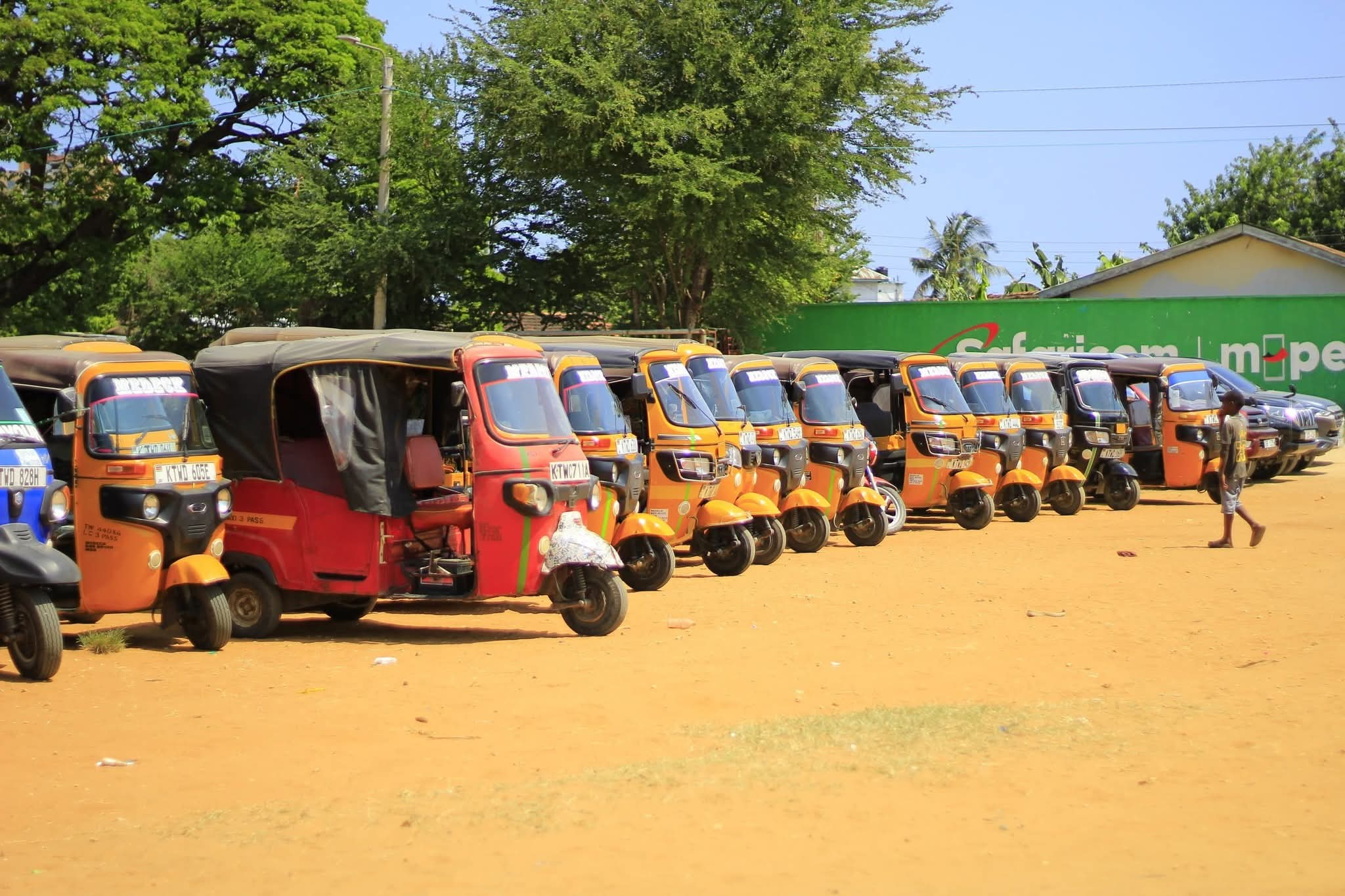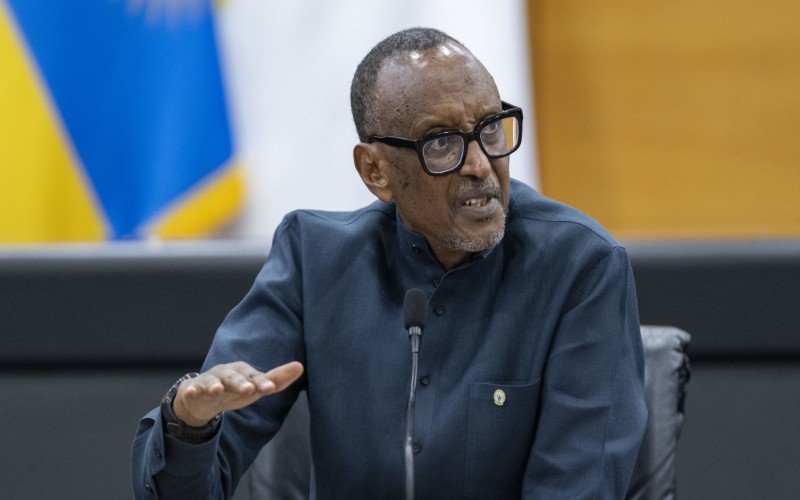Should Nairobi be a county? The capital city's management crisis that refuses to go away

Urban planner Peter Ogolla suggested that Kenya should emulate global capitals managed directly by their national governments.
President William Ruto’s recent criticism of Nairobi’s poor standards has reignited debate over whether the capital should remain under county government control or revert to national management.
Ruto lamented the dilapidated state of the city and vowed to transform it into a global metropolis. Speaking during the Africa Inland Church Ziwani 70th Anniversary, he said he had held discussions with Nairobi Governor Johnson Sakaja to clean up and dignify the city.
More To Read
- Governor Sakaja unveils six-borough structure to enhance service delivery
- City residents say Nairobi's illegal billboard cleanup favours some areas over others
- Sakaja’s loan request for salaries draws ire from Nairobi MCAs for lack of details
- Governor Johnson Sakaja appeals for funds to sustain ‘Dishi na County’
- Tighter household budgets stall land purchases in Nairobi’s satellite towns
- Bunge La Mwananchi, activists move to court to block Sakaja-National Government deal
He announced that the national government will partner with the Nairobi County Government and the private sector in implementing the clean-up plan.
Despite Sakaja’s efforts to restore Nairobi’s image, complaints from residents, social media users, and politicians continue to dominate public debate about the city’s cleanliness and governance.
Urban planners who spoke to The Eastleigh Voice argued that Nairobi’s vastness and complexity make it difficult for a single county government to manage effectively. They proposed creating an independent body similar to the defunct Nairobi Metropolitan Services (NMS), which previously handled city affairs.
 Nairobi Governor Johnson Sakaja. He has faced mounting pressure to clean up the capital as complaints over garbage, flooding, and poor sanitation continue to dominate public debate. (Photo: File)
Nairobi Governor Johnson Sakaja. He has faced mounting pressure to clean up the capital as complaints over garbage, flooding, and poor sanitation continue to dominate public debate. (Photo: File)
Modern management systems
Urban planning expert Douglas Nderitu said Nairobi’s large population and rapid urbanisation demand modern management systems.
"The huge population of Nairobi demands modern expertise in its planning and overall management. For instance, the challenges facing residents of Kilimani differ from those faced by Kibra residents, yet they live in one city," said Nderitu.
He added that dividing the city into smaller administrative units or boroughs may not solve persistent problems such as garbage disposal and drainage.
Ruto, reiterating the government’s commitment, said the private sector will play a key role in the transformation plan.
"Nairobi cannot continue to be a city in filth. We have started cleaning the Nairobi river, and now we are in the final stages of signing an agreement with the private sector on how we are going to clean this city," he said.
"We must not have mud along our roads. This city will have streetlights so that we make sure that Nairobi is clean, becomes motorable and a city in the light, not in darkness. I have committed that the national government will provide resources."
Ruto emphasised that Nairobi, as a key economic hub, must reflect its role as a centre of development.
Emulate global capitals
Urban planner Peter Ogolla suggested that Kenya should emulate the management of global capitals by their national governments.
"Nairobi is the country's seat of power or nerve of operations; its challenges and management demands are unique and cannot be grouped with towns such as Kisumu or Nakuru. So long as it is still considered a devolved unit, its challenges will not stop," advised Ogolla.
Ogolla’s views echo those of politicians Ledama Olekina and Didmus Barasa, who have long argued that Nairobi should not operate as a devolved unit.
Barasa said the capital city’s governance structure contradicts the original constitutional vision outlined in the Bomas Draft.
"We must change the law; Nairobi City County should not be a county but should be just like a territorial part of the national government. If you look at the Bomas draft, the original constitution, Nairobi was not supposed to be a county; Nairobi was supposed to be a city managed by a mayor or somebody," Barasa stated.
Resource inequality
Barasa and others frame the debate within a broader discussion on resource inequality between urban and rural areas. Using the National Government Constituency Development Fund (NG-CDF) as an example, he highlighted the disparity in infrastructure needs.
He noted that while both rural and urban constituencies receive equal CDF allocations, the demands differ significantly. For instance, rural constituencies such as Mumias East may have over 100 schools requiring support, while urban ones like Westlands have fewer than ten schools but receive the same funding.
During former governor Mike Sonko’s tenure, mismanagement allegations prompted the national government to establish the NMS to restore order in city operations.
Efforts to remove Nairobi from the list of devolved units have been made before.
In 2017, former Murang’a Senator Kembi Gitura introduced a Bill proposing that Nairobi be placed directly under the national government as a National Capital City.
The Bill sought to empower the President, with Parliament’s approval, to appoint a Cabinet Secretary for the Nairobi Capital City, who would manage the city’s affairs and report directly to the President.
Although the Bill failed to pass, it maintained that Nairobi’s residents would still elect their Members of Parliament to represent them in the National Assembly.
Top Stories Today













































